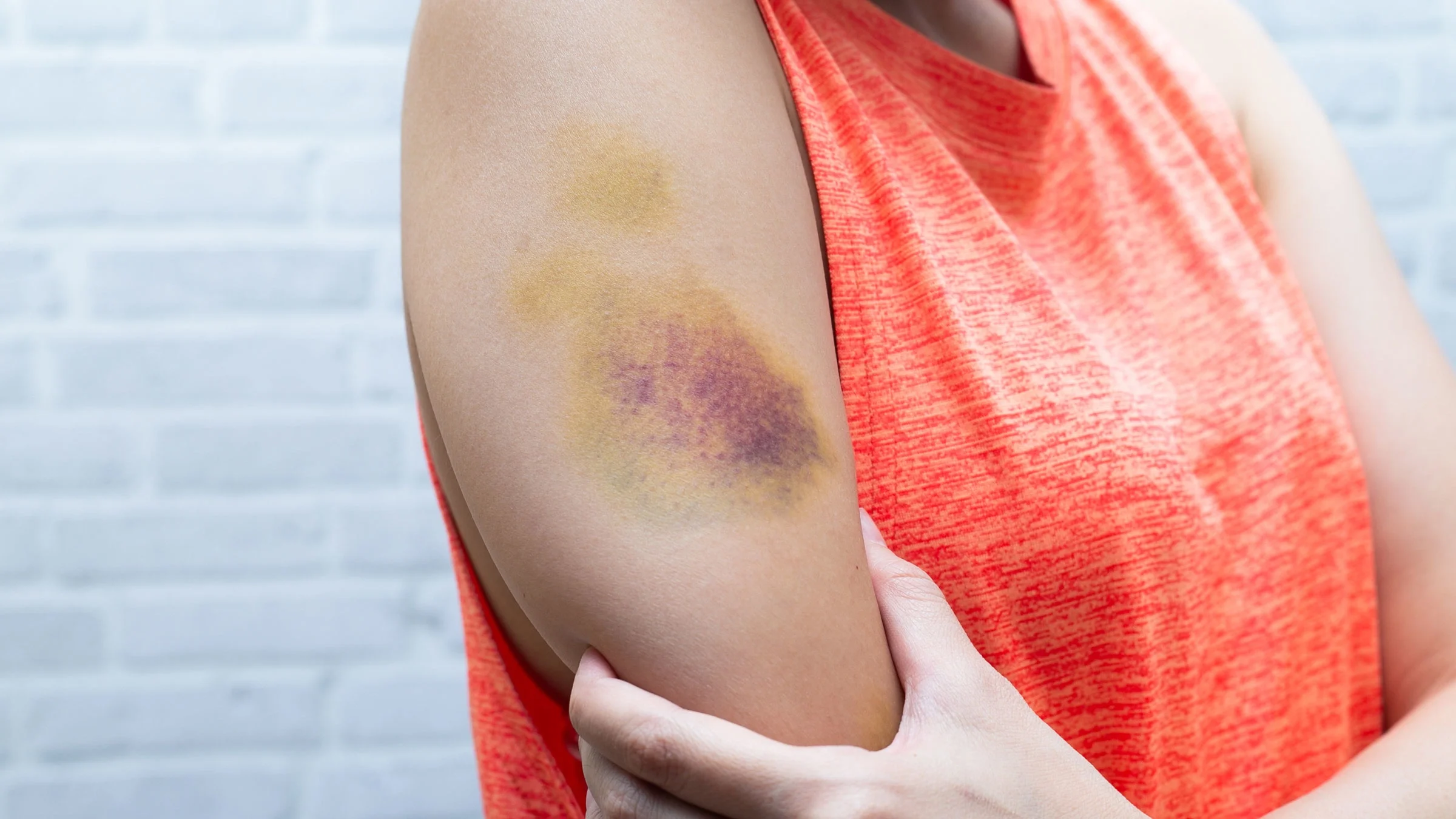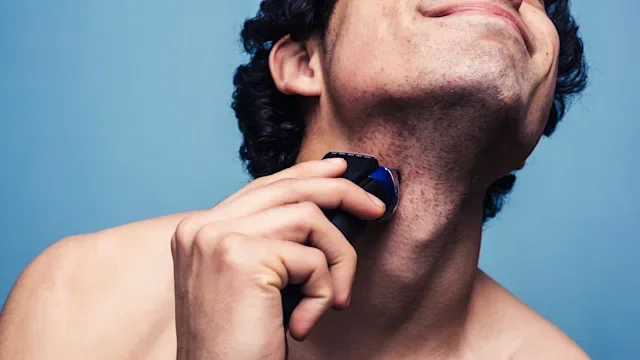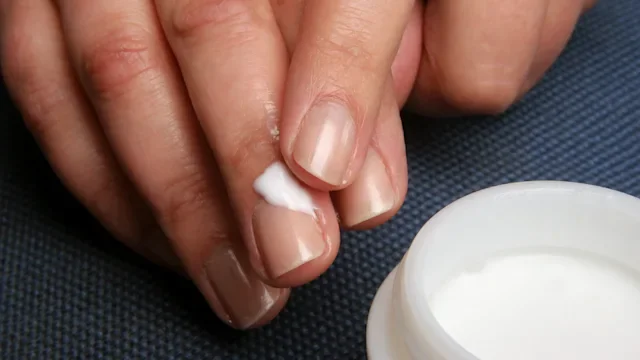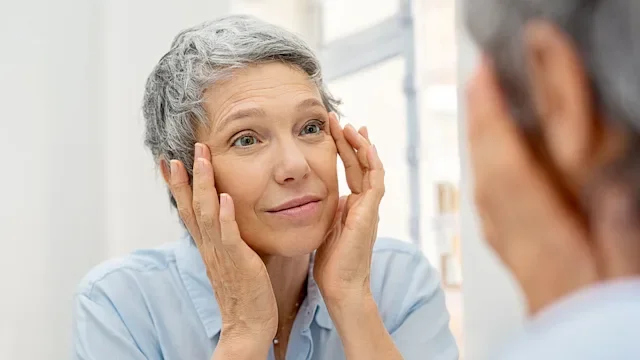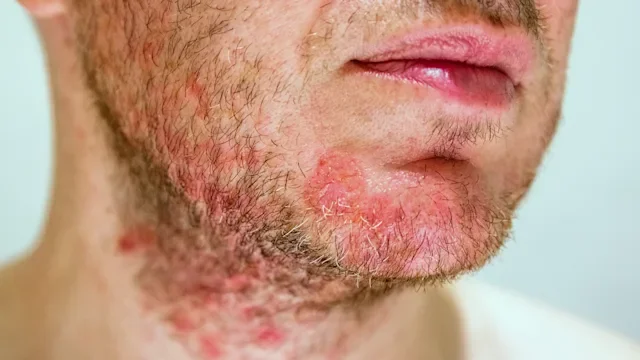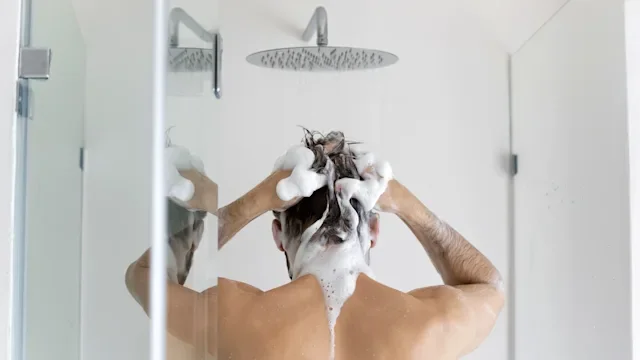Key takeaways:
Like all wounds, bruises can itch as they heal.
As bruises heal, the body releases chemicals, like histamine, which can trigger itching.
Antihistamines and moisturizing lotions can help lessen bruise itching.
If you’ve recently had an injury, you might have developed a bruise (or several). Bruises go by many names depending on their size and where they are. Some other names for bruises are:
Contusion
Hematoma
Ecchymosis
Bruises are tender and painful at first. As they heal, you might experience some unexpected sensations. One of the most common is itchy skin. If you have a bruise that itches, here’s what you need to know about why it happens and how to treat it.
Search and compare options
What is a bruise?
A bruise is a type of wound. A bruise forms when there’s trauma to part of the body that ruptures blood vessels but doesn’t break the skin. Blood leaks out of the damaged vessels and gets trapped beneath the skin, muscles, or bone.
Bruises are always painful, but you can’t always see them. When bruises form over bones, you can’t see the bruise. But you can still feel the pain where the bruise formed.
But if a bruise develops closer to the skin surface, you can see the trapped blood through the skin.
The body gets to work on breaking down trapped blood cells right away. Even so, it can take 2 weeks or more for a bruise to fully heal.
As the bruise heals, you’ll notice that the pain and swelling get better. If you can see the bruise, you’ll also notice that it changes color over time.
At first, the bruise will look red or blue. But, after a few days, it will look more brown. After a week, it looks greenish or a yellow-brown color. And then it fades to lighter and lighter shades of yellow until it completely disappears.
Read more like this
Explore these related articles, suggested for readers like you.
Why do some bruises itch?
There’s an old saying: “If it’s itching, it must be healing.” Most wounds itch as they heal, and bruises are no exception. It’s not entirely clear why bruises (or any wounds) itch as they get better.
Researchers think several things play a role:
Histamine: Histamine is a chemical that triggers the itch response. If you’ve ever developed itching from hives or allergies, histamine is responsible. The immune system releases histamine in response to any type of stress, including wounds.
Bilirubin: As red blood cells break down, they release bilirubin — a waste product. Bilirubin triggers the itch response.
Wound size: There’s some research that larger bruises (and wounds) are more likely to itch than smaller ones. This is probably because larger wounds put more stress on the body and cause more inflammation. This triggers the immune system to release chemicals that trigger itching.
Nerve stimulation: As wounds heal, nerves release chemicals that can trigger skin itching.
How do you stop bruises from itching?
Itching is uncomfortable and can get in the way of your daily activities, like sleep. Resisting the urge to scratch is much easier said than done. But there are things that can cut down (or even stop) your itching, like:
Moisturizers: Dry skin will make you feel itchier. Keeping your skin moisturized prevents moisture loss and decreases itching. If you’re not a fan of creams, try oatmeal baths. You can switch to soaps and cleansers that aren’t so drying.
Lighter clothing: Heat seems to make itching worse. Staying cool can relieve itching. While you can’t control the weather, you can switch to lighter clothing like cotton instead of wool. You can also opt for lukewarm water when showering or bathing. And if you’re using moisturizer, try putting it in the fridge to cool it down for extra relief.
Antihistamines: Antihistamine medications can stop itching. Older antihistamines, like diphenhydramine (Benadryl), might make you feel sleepy. That may be a bonus if you’re having a hard time falling asleep because of itching. If you need something that doesn’t make you sleepy, you can try newer antihistamines like loratadine or opt for an antihistamine cream that you can put directly on your bruise.
Steroid cream: Steroid creams have anti-inflammatory properties. This can lower itching by stopping your immune response from releasing histamine.
Pain relief creams: Menthol creams produce a cooling sensation, which can help relieve itching. Topical capsaicin desensitizes skin nerves that send itch signals to the brain. If nothing else helps, your provider may prescribe topical numbing creams or lidocaine patches.
Scratching a bruise or wound can lead to skin infections. It’s also possible to scratch hard enough to cause more bruising. So getting your itching under control may help your bruise heal faster.
When should you get your bruise checked by a healthcare provider?
Small bruises should heal on their own. But sometimes bruises can be a sign of a more serious medical condition. See your healthcare provider if you have a bruise that doesn’t start to fade after 1 week or if it’s spreading.
Bruises develop after injuries, so they shouldn’t appear out of nowhere. If you don’t remember getting injured but you’re developing bruises, see a healthcare provider right away. This can be a sign of a blood disorder.
The bottom line
A bruise is a type of wound. And it’s normal for all wounds — including bruises — to itch as they heal. A bruise should fade after 1 to 2 weeks. In the meantime, you can try moisturizers, antihistamines, and topical steroids to control your itching.

Why trust our experts?


References
Chung, B. Y., et al. (2020). Post-burn pruritus. International Journal of Molecular Sciences.
Iannone, M., et al. (2019). Itch in chronic wounds: Pathophysiology, impact, and management. Medicines.
Kostadinvoa-Petrova, I., et al. (2017). Histological characteristics of bruises with different age. Open Access Macedonian Journal of Medical Sciences.
Nowak, D., et al. (2017). Diagnosis and treatment of pruritus. Canadian Family Physician.
Paul, J. (2013). Characteristics of chronic wounds that itch. Advances in Skin & Wound Care.
Paul, J. (2015). Wound pruritus: Pathophysiology and management. Chronic Wound Care Management and Research.

